

NIHR i4i Programme
The i4i team has a webinar coming up on 13 July for two new funding calls, including one around the theme of Children and Young People’s Mental Health. Please do share with anyone you think may be interested:
The NIHR i4i Programme is launching two new funding calls this August:
- i4i Connect 5 aimed at small to medium-sized enterprises (SMEs) in need of a funding boost to reach the next stage in the development pathway, addressing a clearly defined unmet clinical need.
- i4i – Digital Health Technologies for Children and Young People’s Mental Health– aimed at SMEs, NHS providers or higher education institutions (HEIs), this call encourages proposals addressing a range of children and young people’s mental health conditions particularly in regions that have been historically under-served by research activity or where there is high unmet mental health burden.
The i4i team would like to invite you to attend a webinar on the 13th of July, where you can hear more about the call specifications and application process. They will have two guest speakers, Professor Chris Hollis and Dr Charlotte Hall, who will talk about how evidence-based digital interventions can address an unmet clinical need in children and young people. You can register for the webinar here.
Your local branch of the NIHR RDS (Research Design Service) is based within the BU Clinical Research Unit (BUCRU) should you need help with your application. We advise on all aspects of developing an application and can review application drafts as well as put them to a mock funding panel (run by RDS South West) known as Project Review Committee, which is a fantastic opportunity for researchers to obtain a critical review of a proposed grant application before this is sent to a funding body.
Contact us as early as possible to benefit fully from the advice
Feel free to call us on 01202 961939 or send us an email.
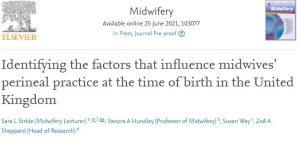


 gland ) Project Output (supporting mental health and wellbeing in India)
gland ) Project Output (supporting mental health and wellbeing in India) 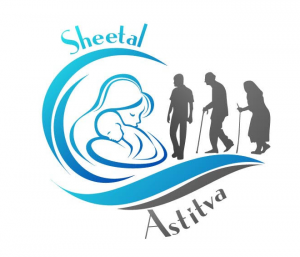
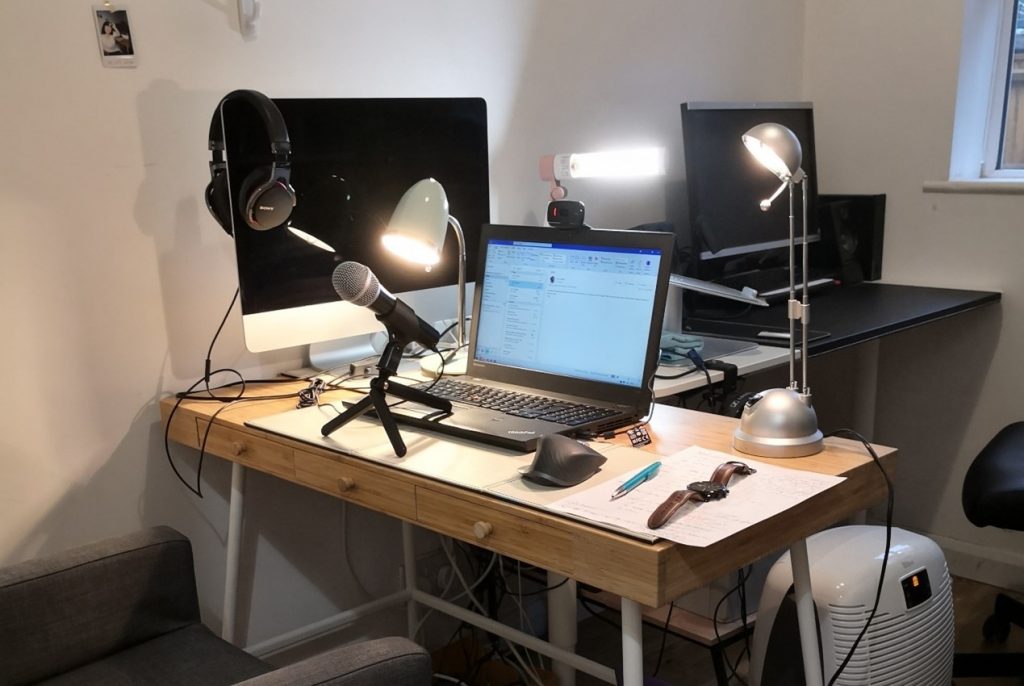


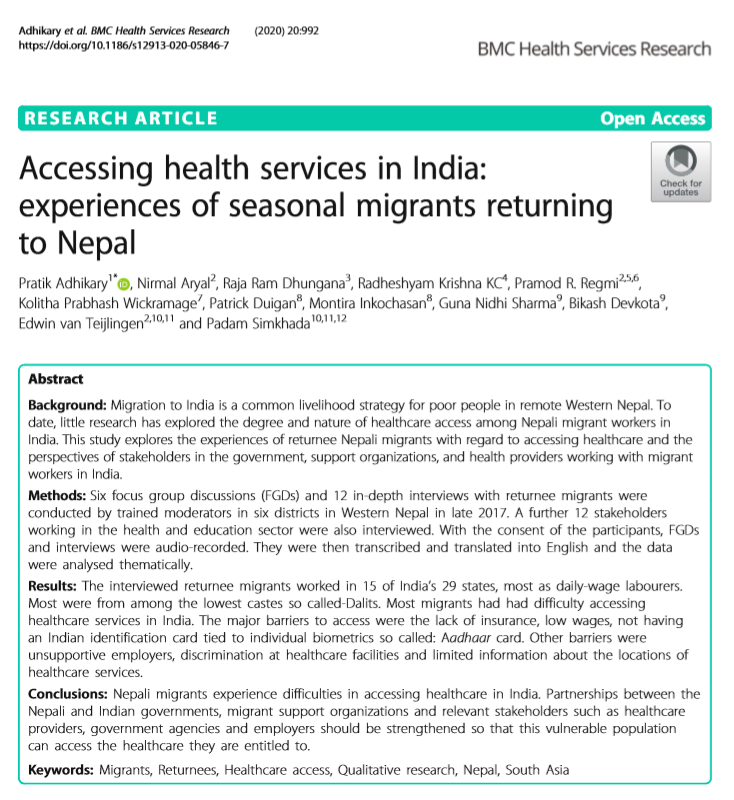
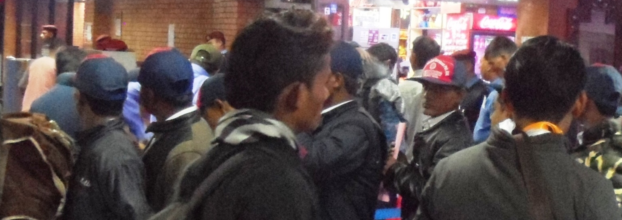
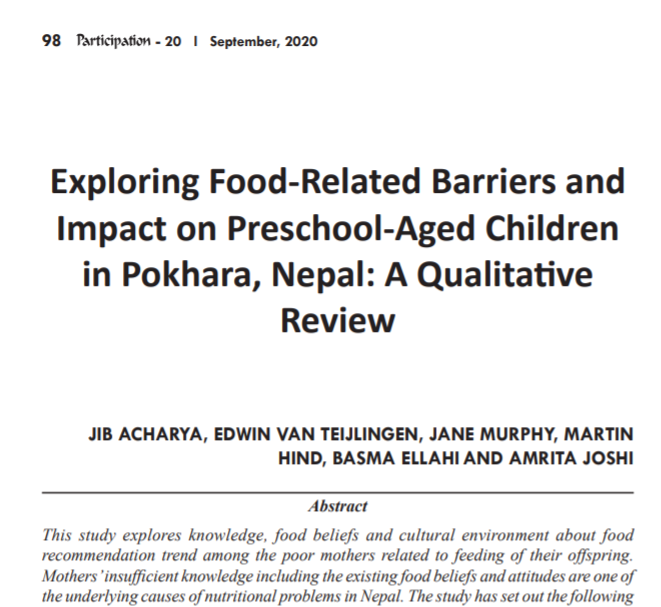
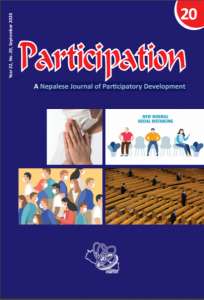
 On 17th September 2020 students from DePaul University, USA; SSLA, India, and Bournemouth University engaged in an online dialogue exploring the effects of the current pandemic and their understanding of Psychology.
On 17th September 2020 students from DePaul University, USA; SSLA, India, and Bournemouth University engaged in an online dialogue exploring the effects of the current pandemic and their understanding of Psychology.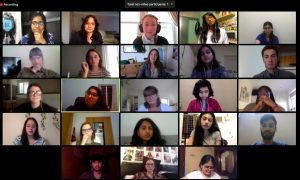

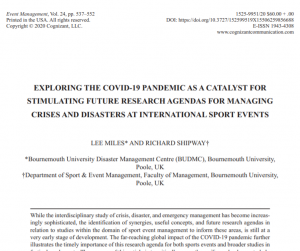
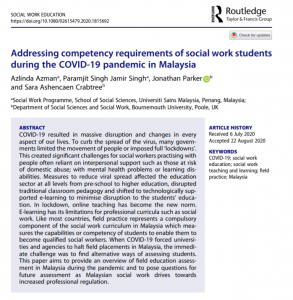
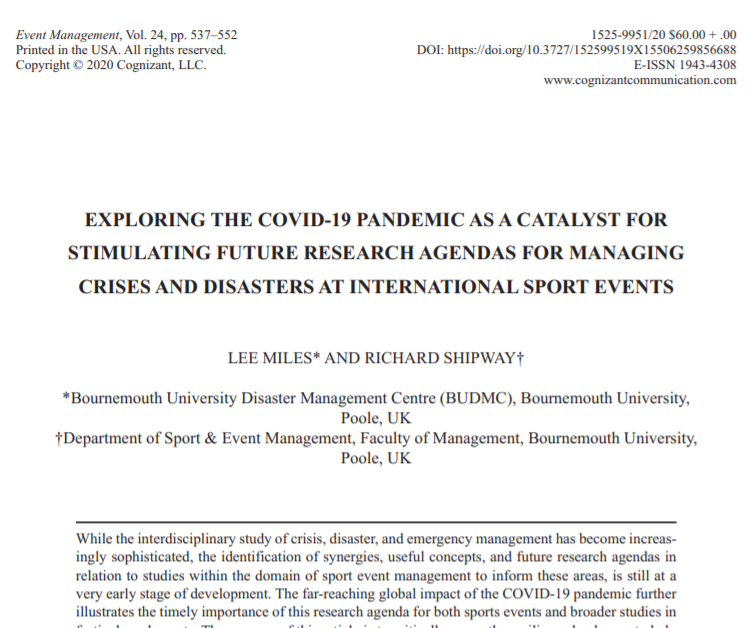
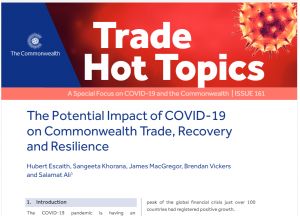
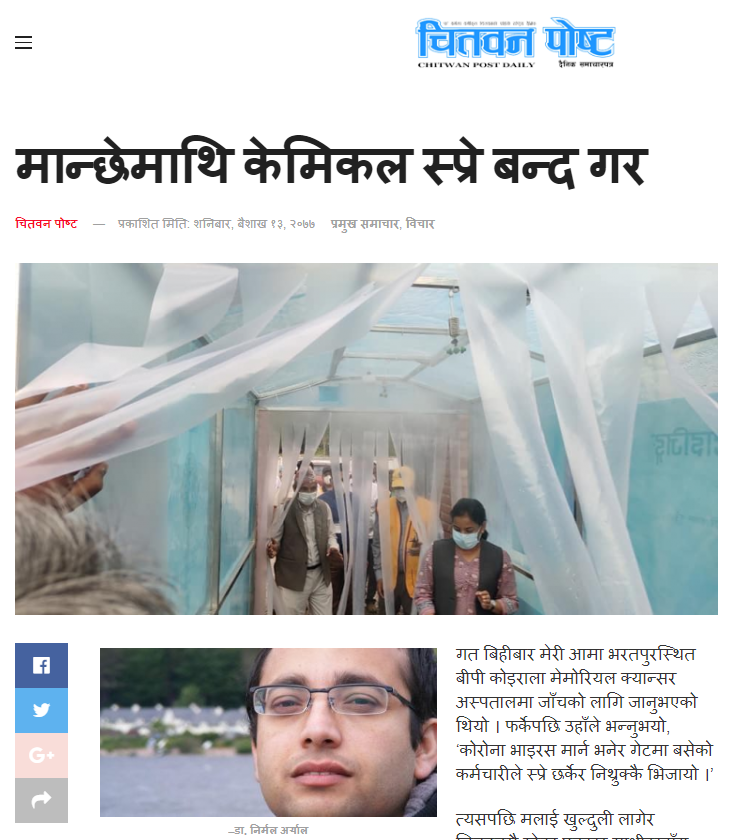
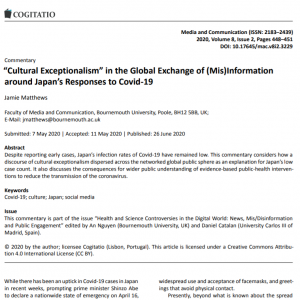

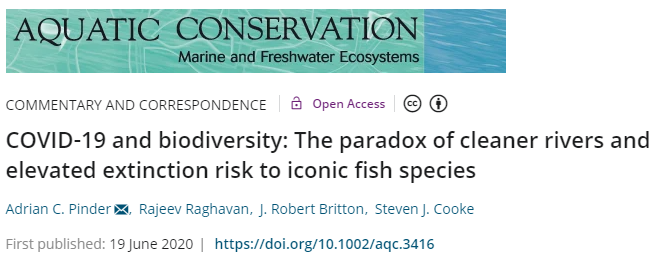
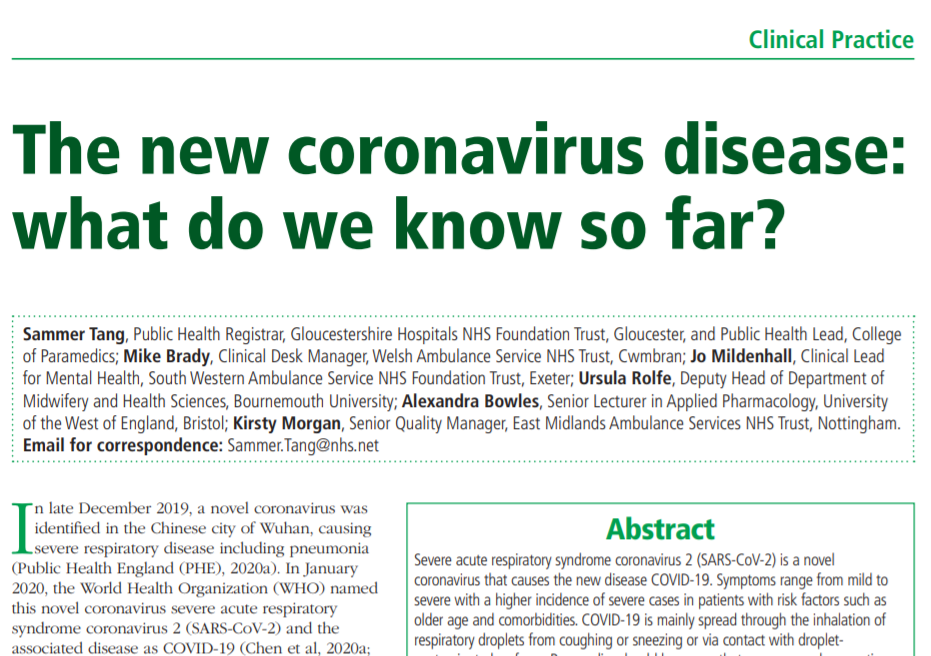
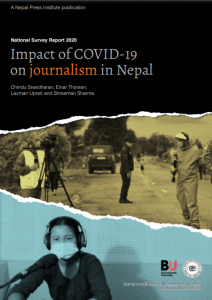
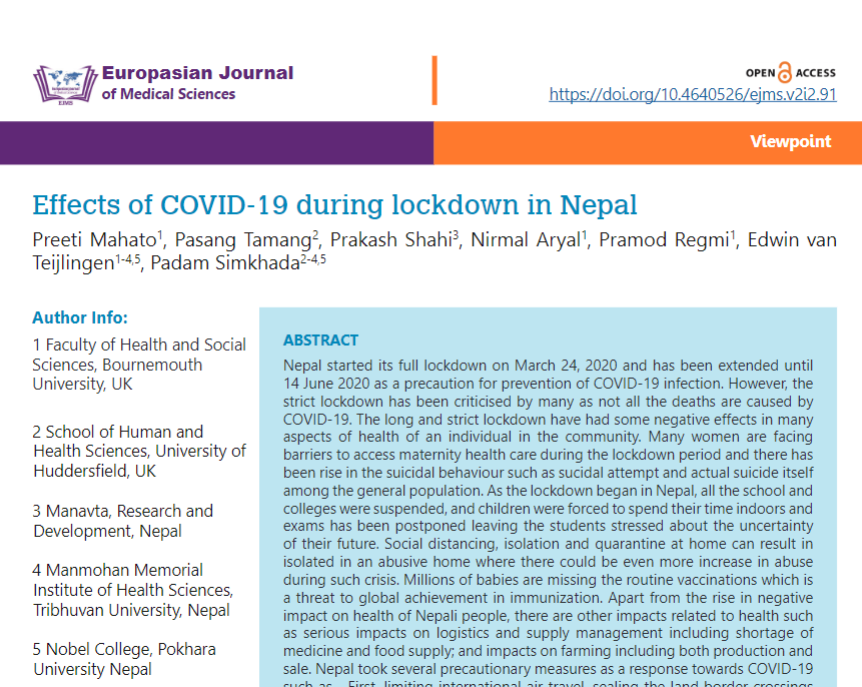
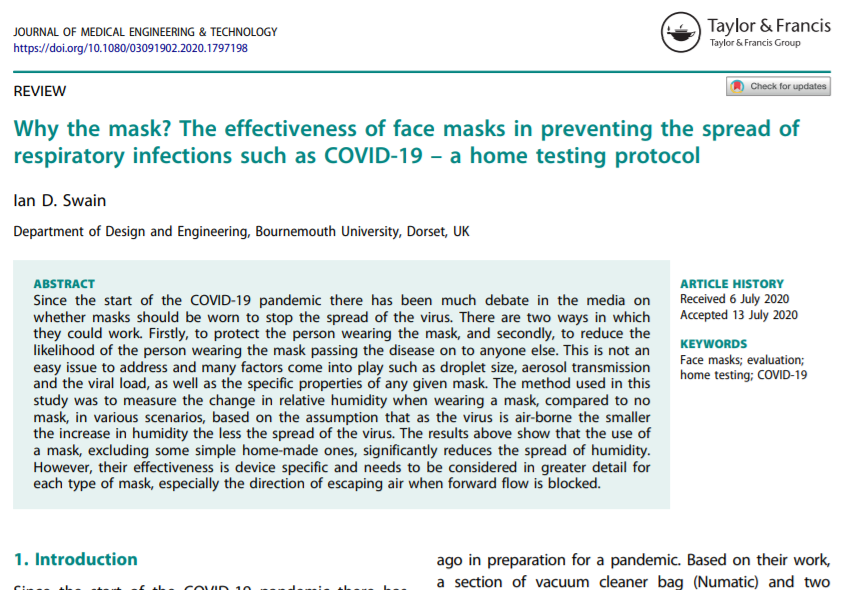

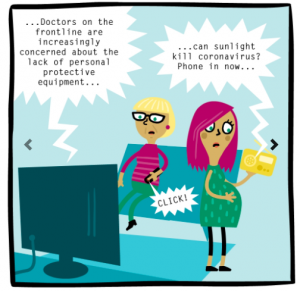











 Bournemouth University psychologists publish new book
Bournemouth University psychologists publish new book Connecting Research with Practice: FoodMAPP Secondment in Austria and France
Connecting Research with Practice: FoodMAPP Secondment in Austria and France Health promotion paper read 8,000 times
Health promotion paper read 8,000 times The Beautiful Work Challenge: On Birth
The Beautiful Work Challenge: On Birth Free event on Solutions to Inequalities in Dementia Diagnosis and Care
Free event on Solutions to Inequalities in Dementia Diagnosis and Care MSCA Postdoctoral Fellowships 2025 Call
MSCA Postdoctoral Fellowships 2025 Call ERC Advanced Grant 2025 Webinar
ERC Advanced Grant 2025 Webinar Horizon Europe Work Programme 2025 Published
Horizon Europe Work Programme 2025 Published Horizon Europe 2025 Work Programme pre-Published
Horizon Europe 2025 Work Programme pre-Published Update on UKRO services
Update on UKRO services European research project exploring use of ‘virtual twins’ to better manage metabolic associated fatty liver disease
European research project exploring use of ‘virtual twins’ to better manage metabolic associated fatty liver disease